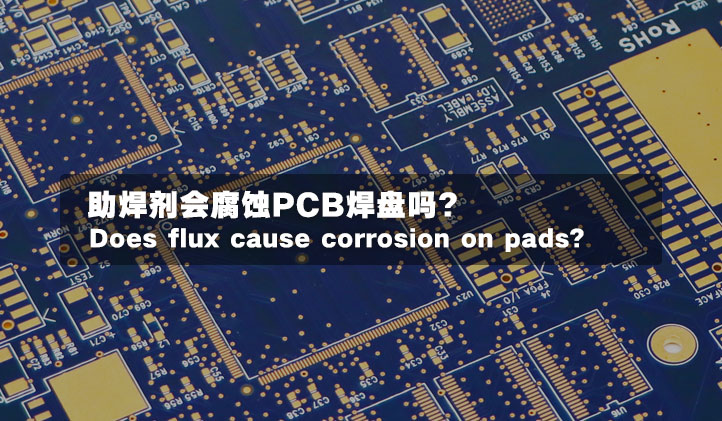Will flux corrode PCB pads?

Flux is a commonly used auxiliary material in the PCB assembly process. Its primary function is to remove oxidation from the soldering surface and improve solder wetting, thereby ensuring soldering quality. Since the components of flux often include corrosive organic acid activators, many people are concerned about whether flux will corrode the pads on a PCB. Today, let’s take a closer look at this topic.
Whether flux corrodes pads mainly depends on the type of flux selected and whether thorough cleaning is performed. Flux generally falls into three categories: water-soluble flux, rosin-based flux, and no-clean flux. Among these, the residues of no-clean flux have a relatively minimal impact on the circuit board, so they typically do not corrode the pads. However, improper usage or poor control of soldering temperature may still lead to pad corrosion. Therefore, no-clean flux does not entirely eliminate the need for cleaning. For PCB products with high-quality requirements, the residuals still need to be cleaned after soldering.
In contrast, rosin-based flux and water-soluble flux are much more likely to corrode pads if they are not cleaned after soldering. Water-soluble flux, in particular, contains highly active components. If not cleaned promptly, its residues can corrode the PCB pads over time.
In conclusion, whether flux corrodes PCB pads depends on several factors. By carefully selecting the right flux, optimizing the soldering process, and adopting proper cleaning measures, the risk of corrosion can be effectively reduced, ensuring the performance and reliability of the PCB.

